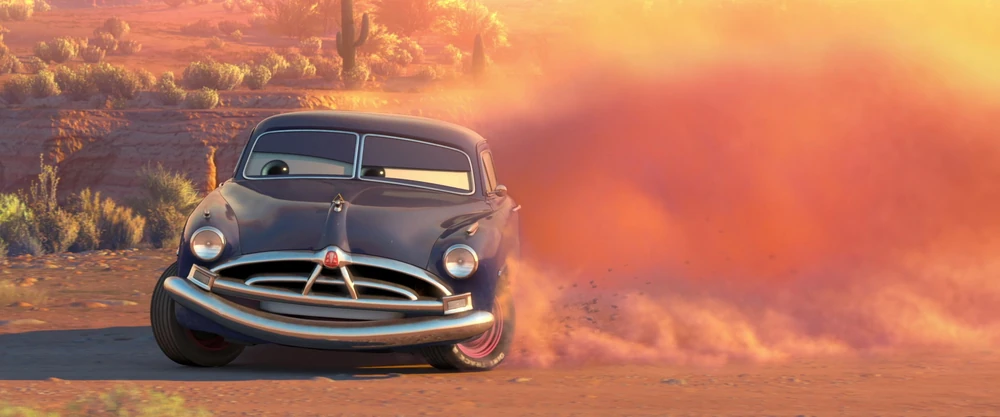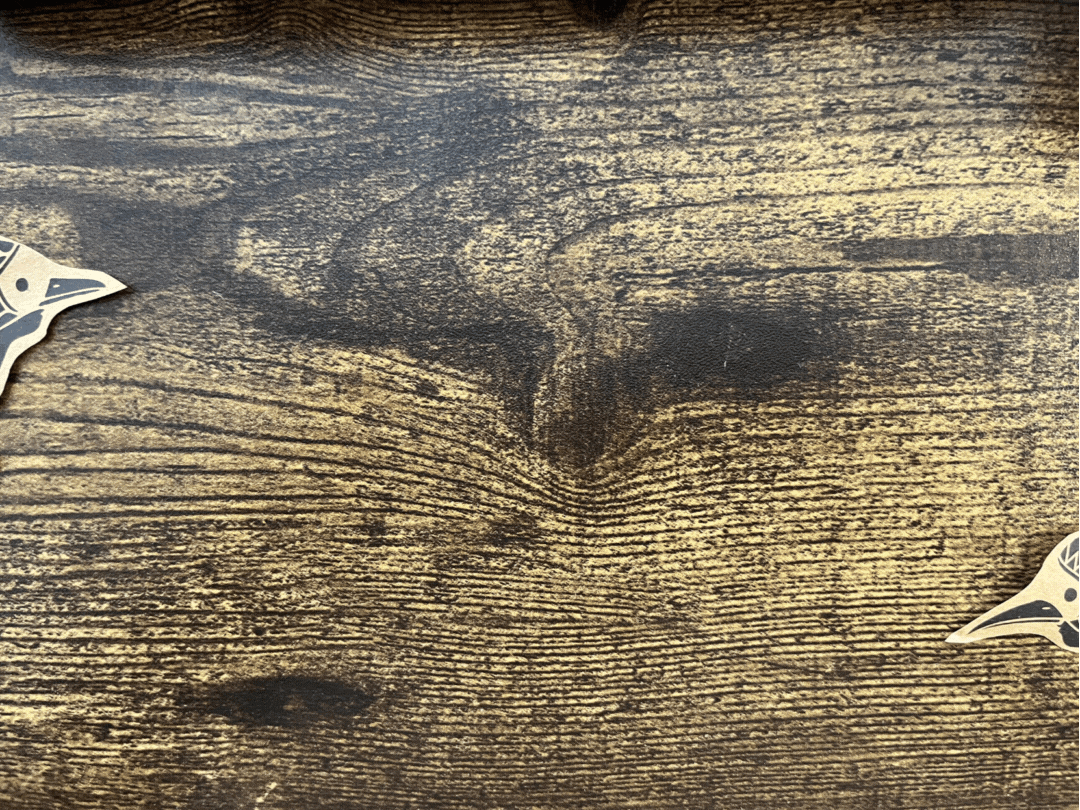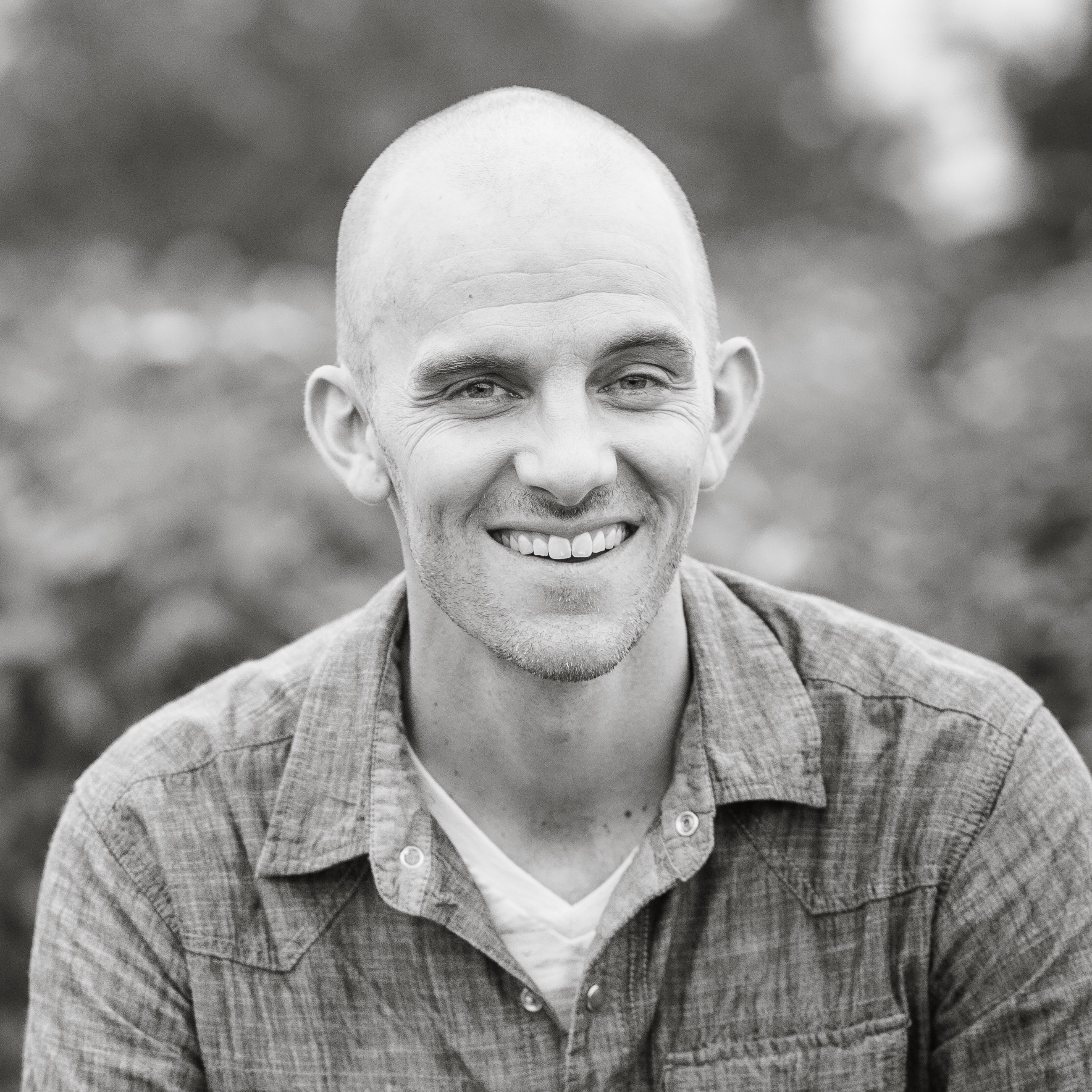Anyone who grew up driving in Wisconsin, or any other part of the world destined for slippery streets in winter, knows that sometimes you have to turn right to go left.
It follows, then, that anyone who grew up driving in Wisconsin wasn’t surprised by what Doc Hudson said to Lightening McQueen in the Pixar movie Cars: “I’ll put it simple. If you’re going hard enough left, you’ll find yourself turning right.”
But Lightening McQueen didn’t grow up in Wisconsin and he doesn’t get it. He’s too focused on turning left that he can’t do it. A prideful McQueen fails to see that to reach his desired goal, he has to change his way of doing things. Ultimately, he has to look outside of himself and adapt to his environment.
Sometimes, to reach our desired goal, we have to take action that is unexpected, even counterintuitive to what our initial game plan might’ve been. Focusing too hard on the goal, it turns out, can actually blind us to the steps we need to take and prevent us from getting to where we want to go.
In the wake of Gene Hackman’s death, I read an article that quoted him as having once said:
I don’t like to look real deep at what I do with my characters. It is that strange fear that if you look at something too closely, it goes away.
Hackman was an outstanding actor who I imagine worked very hard at his craft, so what did he mean? Maybe great actors bring their characters to life by focusing on something other than the end result. His words started me thinking about certain areas of expertise or states of being that can only be achieved indirectly. If you shoot for them directly, you’re bound to miss the mark.
For example, considering knowledge of the soul, Virginia Woolf (via The Marginalian) writes:
One can’t write directly about the soul. Looked at, it vanishes.
In 4,000 Weeks: Time Management for Mortals, Oliver Burkeman writes about what happens when we focus on using time well:
There’s another sense in which treating time as something that we own and get to control seems to make life worse. Inevitably, we become obsessed with “using it well,” whereupon we discover an unfortunate truth: the more you focus on using time well, the more each day begins to feel like something you have to get through, en route to some calmer, better, more fulfilling point in the future, which never actually arrives.
And, in Zen and the Art of Motorcycle Maintenance, Robert Pirsig writes about the “meh” feeling that arises after visiting a popular natural attraction:
[We] see the Crater Lake with a feeling of ‘Well, there it is,’ just as the pictures show. I watch the other tourists, all of whom seem to have out-of-place looks too. I have no resentment at this, just a feeling that it’s all unreal and that the quality of the lake is smothered by the fact that it’s so pointed to.
These examples remind me of how important it is to focus on something other than the destination. My wife recently pointed out that the hardest part of running a half marathon is the last half mile, because you’re so preoccupied with being finished. By contrast, if you’re running a full marathon, mile 13 feels just like the others because you’re still focused on the journey.
This past week, I was “playing” a game of cribbage with my friend Matt. After two hours, we had only progressed through one hand. The journey of conversation, it would seem, was more important than the game’s destination.

Matt and I were happy to be engaged in good conversation, without any preoccupation of it leading to any grand accomplishment or revelation.
Many people struggle with figuring out how to be happy. It’s another one of those elusive states of being that can really only be achieved indirectly. In his book Flow: The Psychology of Optimal Experience, psychologist Mihaly Csikszentmihalyi writes:
Yet we cannot reach happiness by consciously searching for it. ‘Ask yourself whether you are happy,’ said J.S. Mill, ‘and you cease to be so.’ It is by being fully involved with every detail of our lives, whether good or bad, that we find happiness, not by trying to look for it directly.
He goes on to quote Viktor Frankl, who links success with happiness as two things that cannot be pursued directly:
Viktor Frankl, the Austrian psychologist, summarized it beautifully in the preface to his book Man’s Search for Meaning: ‘Don’t aim at success—the more you aim at it and make it a target, the more you are going to miss it. For success, like happiness, cannot be pursued; it must ensue… as the unintended side-effect of one’s personal dedication to a course greater than oneself.’
According to Csikszentmihalyi, happiness is the byproduct of living an active and cognitively engaged life. By focusing on key elements of the journey, happiness—or better yet, deep enjoyment in life—is a destination that can be reached.
Csikszentmihalyi calls the journey “flow,” or the ability to experience so much enjoyment in doing something that you have the positive feeling of losing yourself in the process. If you’re in flow, you’re fully in the moment, without worry or concern for how you’ll obtain happiness. Happiness becomes an afterthought because you’re literally living a journey of self-induced fulfillment.

Another way of understanding flow is as the space between anxiety and boredom. For any activity, we can either further develop our skills or adjust the challenge level to stay in flow. But the important thing to realize is that we’re in control.
Csikszentmihalyi describes the difficult emotions and mental states we experience in life as psychic entropy, or the disorder of consciousness. Without structure, the mind can be a chaotic place, leading to all sorts of woes and ruminations. It needs a sense of order for us to feel secure and satisfied. Flow is what restores that sense of order.
So instead of focusing on the vague end goal of enjoying life, we might look closer at how to bring more flow activities into it. According to Csikszentmihalyi, these are activities that provide us with a sense of control over how we perform and that we have a chance of actually completing. They have clear goals that require concentration to reach, and provide us with feedback on how we’re doing.
In the end, it’s quite simple: flow activities require us to work. Most things worthwhile in life do. The work is the journey to focus on. In the case of flow, it’s involving yourself in activities that increase the complexity of your mind, thereby reducing psychic entropy, and allowing you to experience growth of the self and a deeper enjoyment of life as a result.
Look away from happiness, and instead toward creating quality experiences in life, making the most of what you already have. You might be surprised at how much happier you start to feel.



